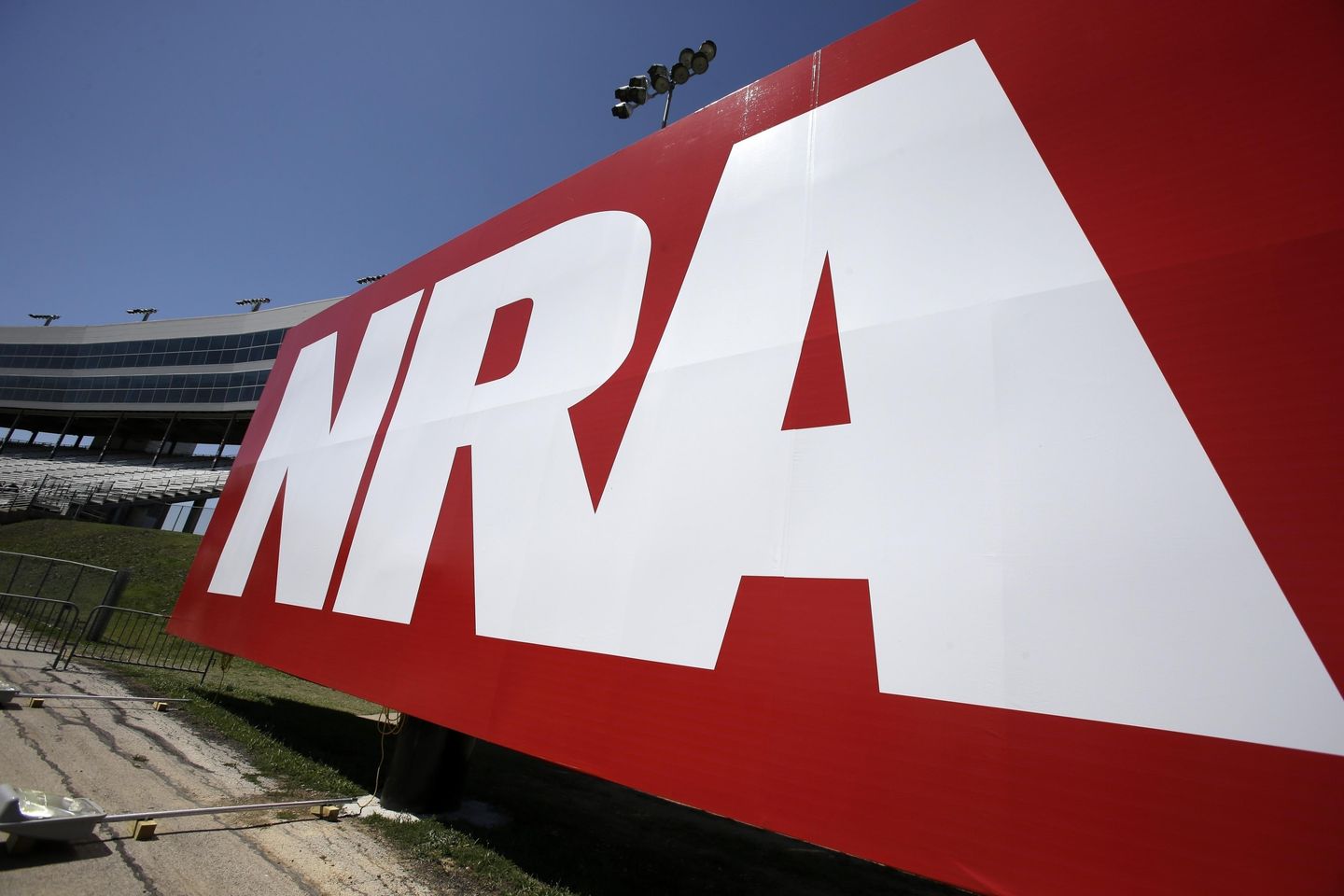
The National Rifle Association is asking the Supreme Court to consider its challenge against restrictions on short-barreled rifles under the National Firearms Act of 1934, arguing the restrictions are not consistent with the Second Amendment dating back to the nation’s founding.
In a petition filed Friday, the gun-rights lobby is challenging a federal law that requires any rifle with a barrel shorter than 16 inches to be registered and taxed. A violation can result in up to 10 years in prison and a fine of up to $250,000.
“Courts and litigants both need more guidance on which arms the Second Amendment protects,” the petition reads.
The filing came on behalf of Jamond Rush, who was charged in August 2022 with possessing an unregistered “Anderson Manufacturing AR-15 rifle with a 7.5 inch barrel,” according to the court records.
He was sentenced to 30 months in prison, but has appealed the court’s decision not to dismiss the charge under his Second Amendment challenge.
Lawyers defending Rush say the restriction on short-barreled rifles runs afoul of the Supreme Court’s 2022 decision in New York State Rifle & Pistol Association Inc. v. Bruen.
In that case, the justices ruled against a New York gun law targeting a licensing scheme. The majority of the court said a gun control measure must be consistent with the nation’s history and tradition under the Second Amendment dating back to the founding in order to be constitutional.
“The National Firearms Act imposes burdens on law-abiding gun owners that have no grounding in the text, history, or tradition of the Second Amendment,” said Doug Hamlin, CEO and executive vice president of the NRA. “The Second Amendment guarantees the right of Americans to own commonly used firearms — including short-barreled rifles — without government interference, and we’re hopeful that the Supreme Court will use this opportunity to reaffirm that right.”
It would take four justices to vote in favor of hearing the case for oral arguments to be granted.
The dispute is Jamond Rush v. United States of America.
The National Firearms Act of 1934 was originally passed during the Prohibition era to curtail organized gang violence.












